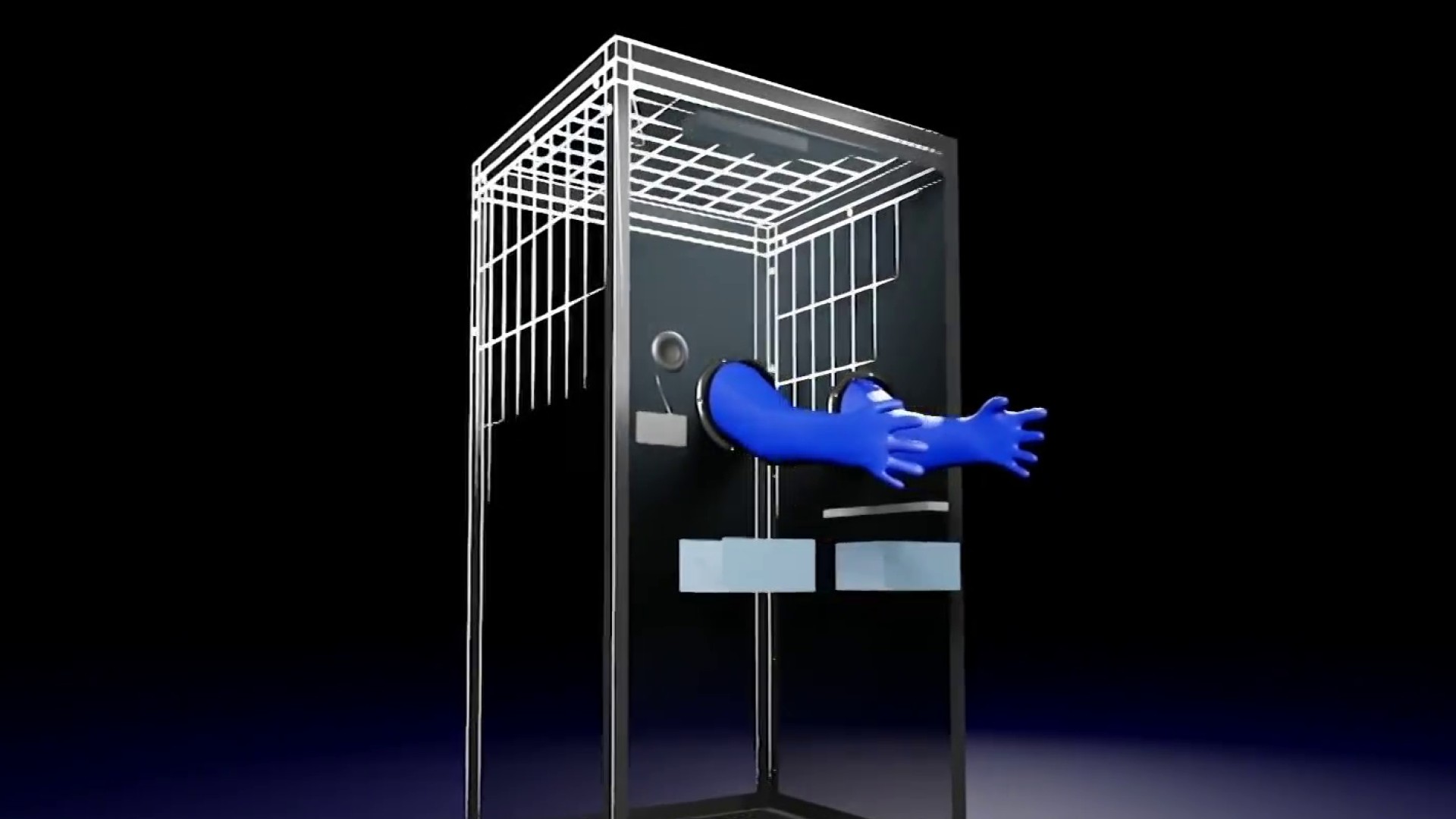Researchers are seeing changes in the environment as coronavirus stay-at-home advisories keep people from disrupting natural habitats.
“We’re seeing positive impacts and we're beginning to see negative impacts," Center for Coastal Studies President Rich Delaney said.
A team of researchers from the Center for Coastal Studies, a Cape Cod-based nonprofit, have been able to continue their work during the coronavirus pandemic.
They witnessed a rare sighting just last week of the world’s largest animal, the blue whale, and found that endangered North Atlantic right whales have been living in Cape Cod bay.
“It’s been quieter, fewer boats, less disruptive," Delaney said. "They’re there to feed, to mate and who knows, we haven’t seen the results yet, but next year we actually may see the reproductive rate was more successful just because they’re able to be back in their natural habitat with less disruptions.”
Research scientists at the New England Aquarium have seen the same, identifying North Atlantic right whales, including mothers and 10 calves, making their way north toward Canada. About 400 of the endangered North Atlantic right whales are thought to be alive today.
“There are so many ways that this pandemic is impacting our lives. For one, it’s hampering our ability to collect the new data we need to track the whales. The longer field work is restricted, the more data are lost, and those data can never be recovered,” said Philip Hamilton, a research scientist at the Aquarium’s Anderson Cabot Center for Ocean Life.
“It was exciting for us," Delaney said of the whale sightings, adding that he hopes vacationers can appreciate these moments in nature when they return, hopefully this summer.
“If we can take that vision and re-establish a more sustainable relationship with our natural world post COVID-19, that might be the best silver lining outcome of this whole ordeal," Delaney said.
Though, Delaney noted, everyone will be wearing masks, exasperating the use of plastic products. He encouraged people to remember to properly dispose of them because trash often ends up littering the ocean.



